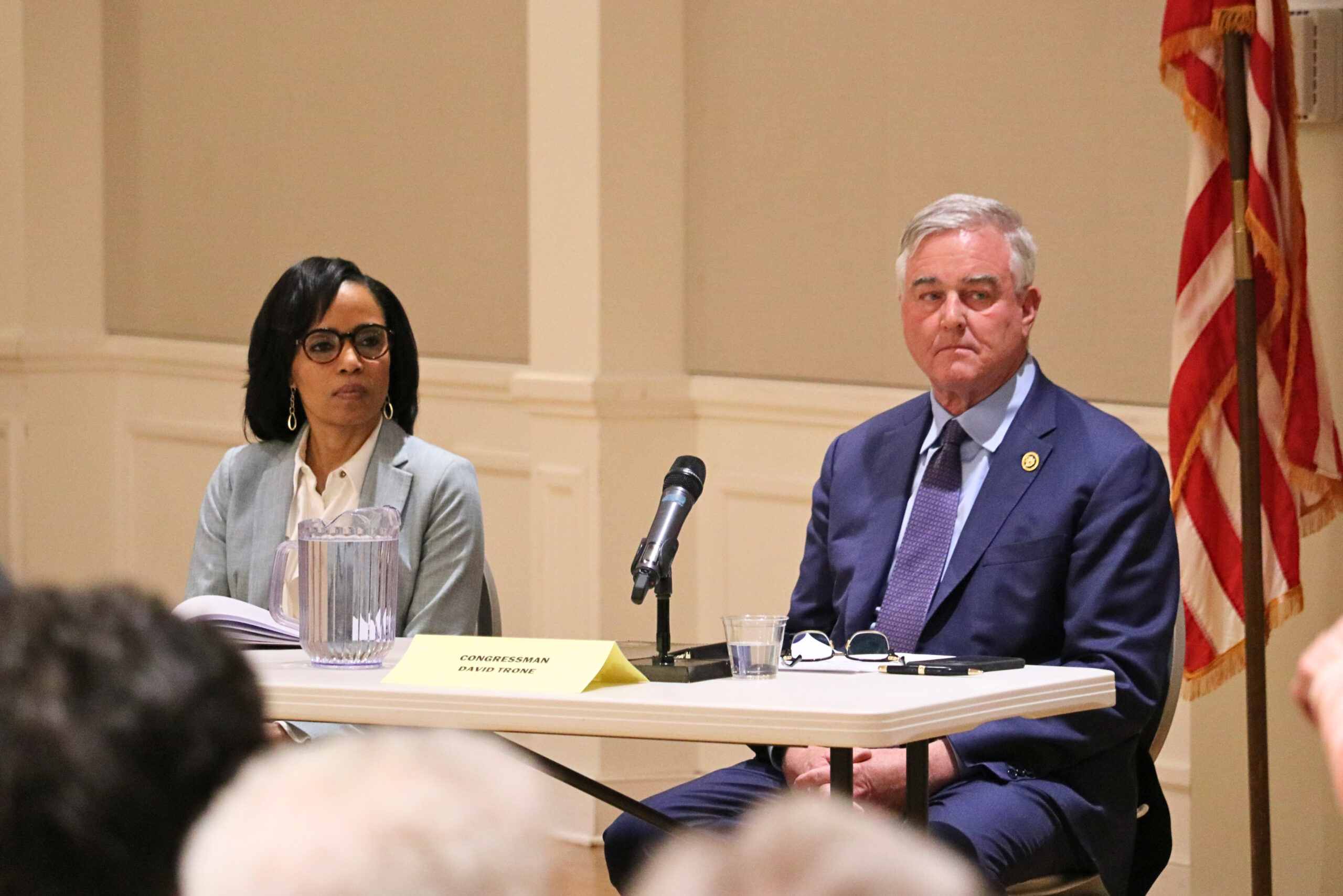Kalman Hettleman: Hogan’s Sham Attack on City Schools and the Truth About Grading Policies

The shrill call earlier this month by Gov. Larry Hogan (R) for a criminal investigation into grading practices in Baltimore City schools is a new low in his political grandstanding on public education in general and city schools in particular.
It is legitimate to call attention to laxity and confusion in the grading policies, as laid out in a report by Maryland’s Inspector General for Education. And heaven knows the Baltimore City school system has terrible problems — some of their own making and many caused by lack of national and state support.
Still, the governor’s outburst is far out of proportion and not constructive. The Inspector General reported “differing interpretation, application, and adherence to appropriate grade change procedures.” But if sloppy administration of school procedures were a crime, prisons — in the city, the state, and the nation — would be overloaded just with educators (and other bureaucrats).
In fact, the Inspector General explicitly concluded that its findings “would not constitute a criminal violation of State law.”
Further, to throw fuel on the fire, Gov. Hogan described the city’s administrative errors as “a clear moral failing.”
The reality is that what is immoral and appalling is the governor’s veto of the Blueprint for Maryland’s Future and, after the legislative override, his vow to continue to fight against it. The Blueprint would provide great aid to and oversight of city schools.
But Gov. Hogan seems far less interested in improving city schools than in scoring political points with conservatives biased against the city. He’s done it before, ranging from his efforts to withhold Blueprint dollars to his unfair accusation that the city had failed to sufficiently move forward on air conditioning installations.
His animosity is not confined to schools. This commentary is not long enough to recite his many questionable words and deeds, such as rejection for years of the Red Line light rail and rhetoric on the city’s crime problems.
Nonetheless, it is on city schoolchildren that he has inflicted the most damage. Now, he is trying to make a criminal mountain out of a relatively minor school molehill. To put the Inspector General’s report in perspective, most of the conduct by city educators consisted of bumping the grades of students scoring in the 58-59 range to the passing grade of 60.
It is tragic that so many students are on that precipice. And yet, there is a much larger and more troubling issue about how schools — in the city, state and nation — hide the truth about student promotion to the next grade or retention in their same grade.
Think about it. About 60% of all Maryland students are below proficient in reading. Almost all fall behind in grades K to 2, and fall farther behind each year. This means they cannot meet grade-level standards. So how do they earn a passing grade and pass from grade to grade?
The answer is called “social promotion,” arguably the most pernicious and damning evidence of the failure of public education. Summarized briefly, social promotion occurs when students are promoted from one grade to the next despite their inability to meet state standards. Since 60% of students can’t meet reading standards, it is obvious that around half of all students are socially promoted year after year. Along the way, students, parents and policymakers are being deceived into believing that students are doing much better than they actually are.
Some students will be retained, usually in the early grades. But retention rarely works because retained students receive pretty much the same inadequate instruction the second time around. As the Blueprint reflects, only early evidence-based interventions enable students, especially those at risk of failure, to meet grade level standards and avoid social promotion.
If Gov. Hogan was sincerely committed to the wellbeing of city and other schoolchildren, he would be supporting, not opposing, Blueprint reforms to end systemic student failure and social promotion.
Still, the Maryland State Department of Education (MSDE) should be charged with following up on the Inspector General’s report on the city’s grading practices. However, MSDE’s review should not be limited to city schools. No one familiar with schools throughout Maryland doubts that grading and promotion/retention issues exist statewide to one degree or another.
This is the true educational and moral challenge that lies ahead. It’s a shame that Gov. Hogan has not risen to it.




 Creative Commons Attribution
Creative Commons Attribution